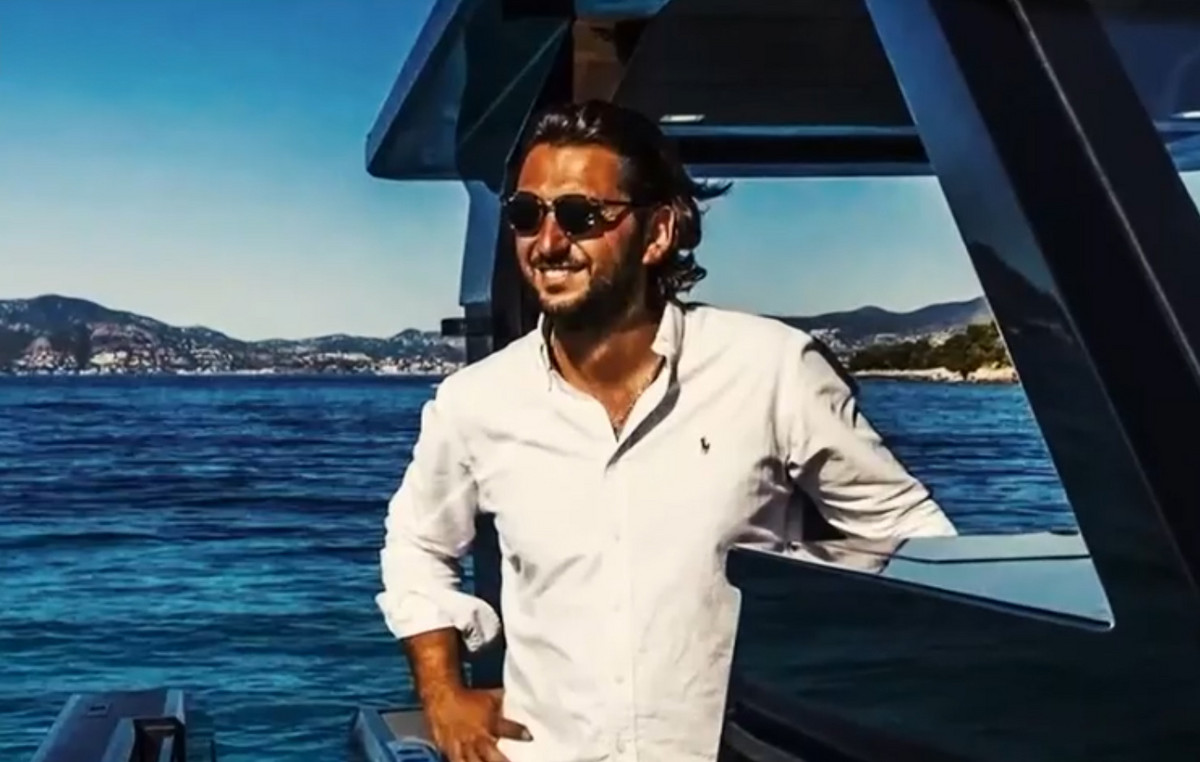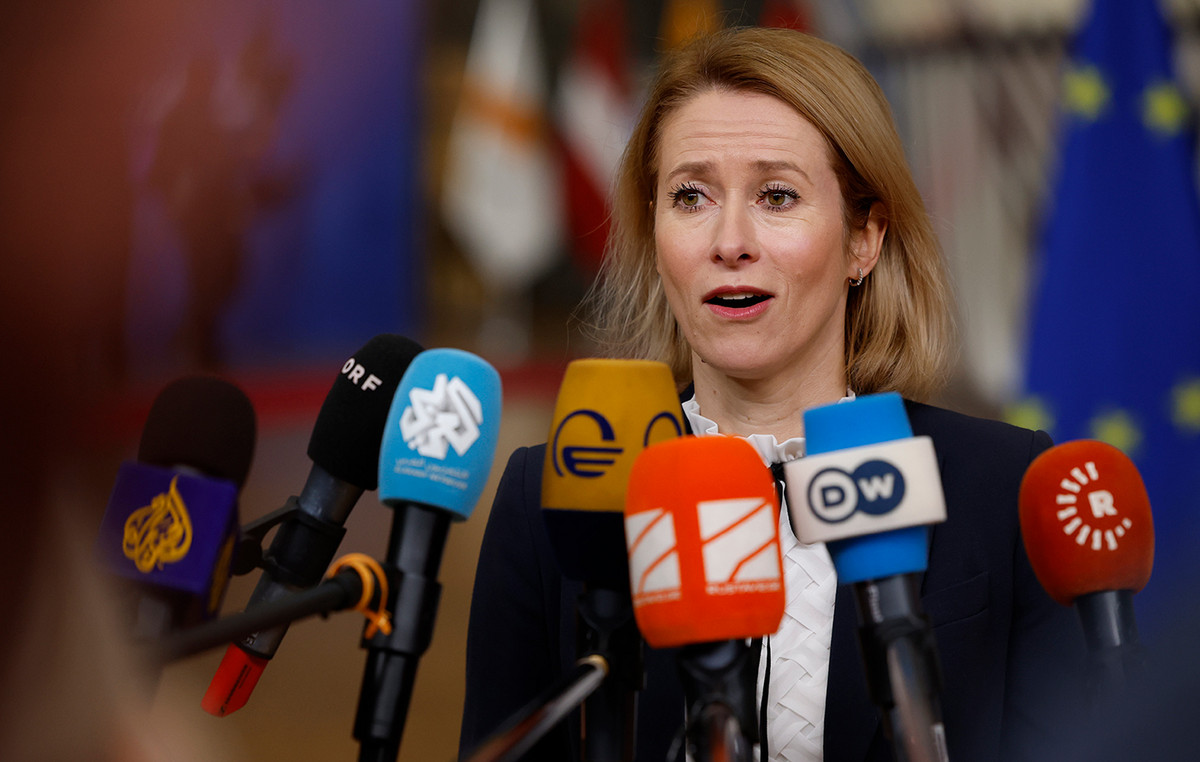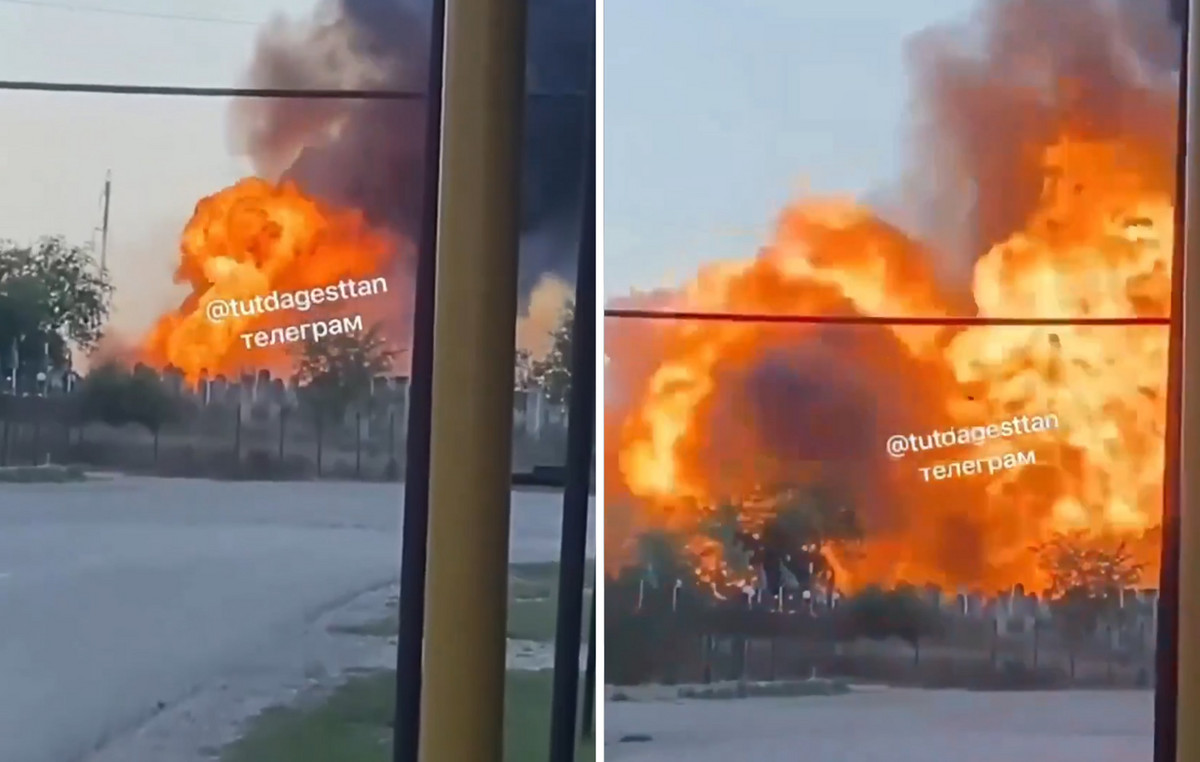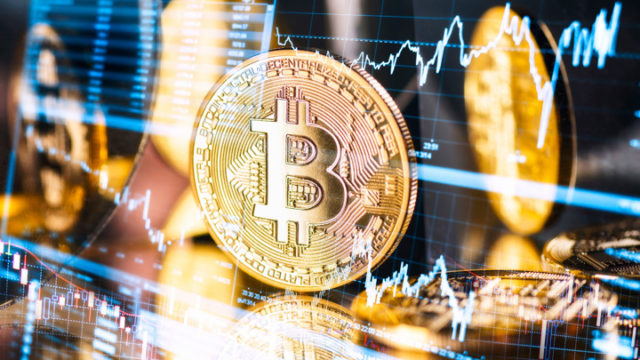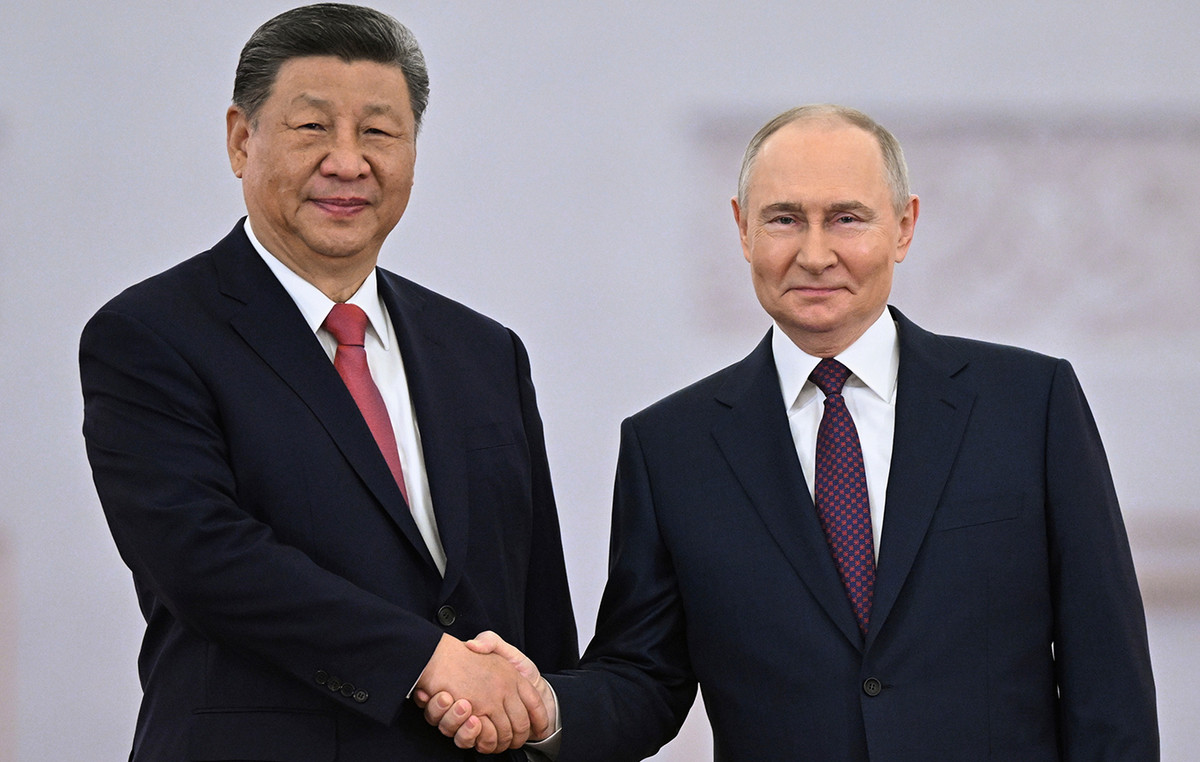Due to the Covid-19 pandemic, the UN Climate Conference (COP) in Glasgow, Scotland, was delayed by one year. And that doubled the expectation about which agreements would be signed.
In fact, new plans, such as reducing coal consumption, were introduced. But old goals, mainly in the area of environmental financing, remain stagnant. The balance of the meeting between the greatest world leaders was one of the themes of the exclusive interview that the chargé d’affaires of the US embassy gave to CNN Brasil.
Douglas Koneff considered the event an important step on the environmental agenda. And he cited as highlights: the goal of limiting global warming to 1.5 degrees Celsius above pre-industrial levels and the advance on article 6 of the Paris Agreement, which deals with the carbon credit market.
About this one, Koneff said that he has an important participation from Brazil. The diplomat, however, warned that no set of rules will satisfy all interests. And it established the financing of developing countries as the main concern of the richest nations.
“COP26 is not a final step, but a beginning,” he said. One of the economic goals reaffirmed at the summit, for example, was for developed countries to transfer at least US$ 100 billion a year to developing countries to be able to fight climate change. This target was set in 2009 and had already been renewed in 2015, during the Paris Agreement.
The expectation was to reach this amount in 2020. Now, the goal is 2023. A report by the Organization for Economic Cooperation and Development (OECD) shows that, in the period, the highest annual amount was US$ 79.6 billion, transferred in 2019. The 2020 numbers have not yet been closed due to delays in official reports. According to the OECD, this can only be done from 2022 onwards because it is necessary to assess how Covid-19 will have affected climate finance flows.
At the end of the two weeks of negotiations, the UN secretary general, António Guterres, emphasized the importance of delivering the R$ 100 billion a year. He said the Glasgow conference was “an important step, but not enough.” According to him, an “emergency mode” must be adopted to meet targets that make it possible to end subsidies on fossil fuels, eliminate coal, put a price on carbon and protect vulnerable communities.
Douglas Koneff also recognizes that these numbers – including the stipulated target – are far from ideal. “Without a doubt, funding can be greater. As John Kerry (US special envoy on climate issues) said, we must talk about trillions of dollars. Not billions of dollars. So we have to keep looking for ways to fund environmental initiatives. And rich countries have to support developing countries”, he emphasized.
For the chargé d’affaires at the US embassy in Brazil, while the biggest challenge for rich countries at COP27, in Egypt, will be to solve the lack of financing for developed countries, for Brazil, it will be to honor commitments on illegal deforestation. “Brazil has announced important initiatives to combat this problem (…) We are going to work together to support its ambitions”, he said.
Deforestation in Brazil
During COP26, Environment Minister Joaquim Leite said that Brazil can eliminate illegal deforestation by 2028, two years earlier than initially planned. The results, however, have not been positive.
Data from the National Institute for Space Research (Inpe), released last Thursday (18), show that deforestation in the Amazon reached 13,235 square kilometers between August 1, 2020 and July 31, 2021.
The data represents an increase of 21.97% compared to the same period of the previous year and the worst result since 2006. After the release of the information, the minister of the environment said that the data does not reflect the performance of the government in recent months and are unacceptable.
The Brazilian government has been betting on the message that international investments help promote sustainable development. Asked whether the United States plans to invest in Brazil to help preserve the environment, Koneff stated that there are constant conversations between the US and Latin American countries, such as Brazil.
“We are satisfied with Brazil’s role at COP 26. And this is an important step towards advancing, accelerating these conversations and improving the environment”, he emphasized, in an interview carried out before the release of INPE’s numbers.
Since the beginning of Joe Biden’s government in 2020, the dialogue between Brazil and the US has been at the ministerial level. Asked about the possibility of a first meeting with President Jair Bolsonaro, Koneff said there were talks at various levels. “It is important to emphasize that there is a dialogue between institutions. We will continue to dialogue to support Brazil in realizing its environmental ambitions”.
Reference: CNN Brasil

